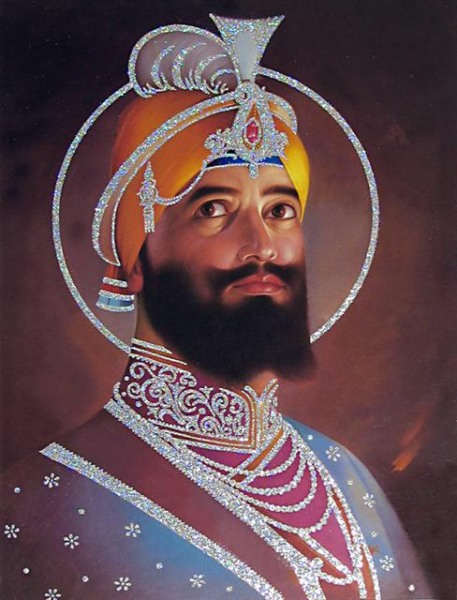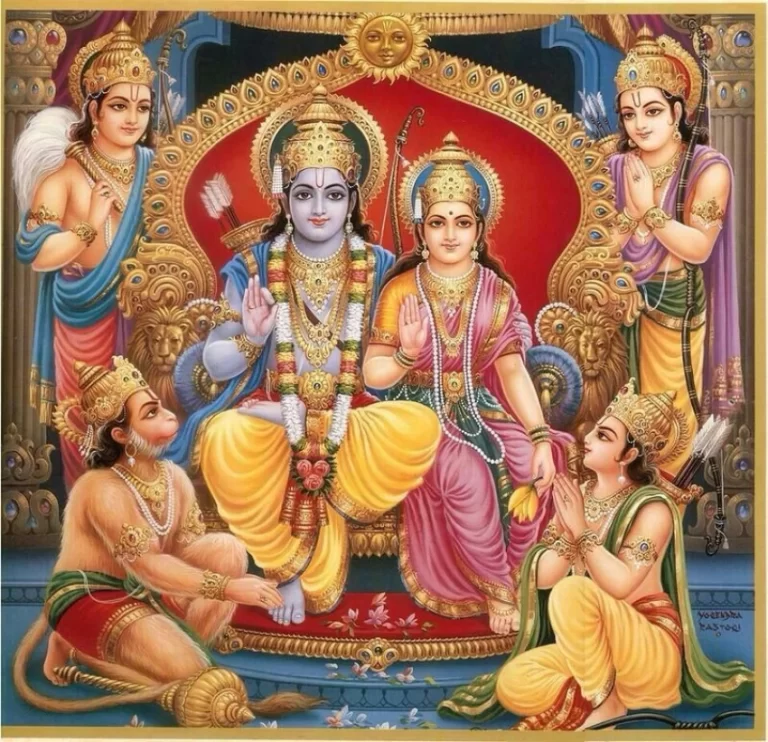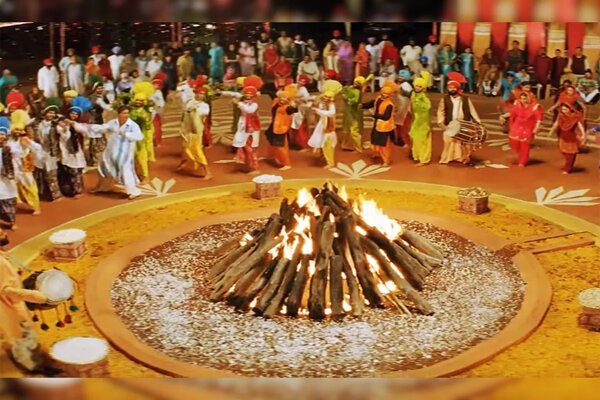Introduction:
The joyful celebration of Prakash Purab, also called Shri Guru Gobind Singh Ji’s Gurpurab, commemorates the tenth Sikh Guru’s birth anniversary. Shri Guru Gobind Singh Ji, who was born on December 22, 1666, is highly regarded for his courageous deeds, deep spiritual lessons, and influence on the Sikh community. Prakash Purab is more than just a holiday; it’s a chance for Sikhs everywhere to ponder the teachings of the Guru and find motivation in his unwavering spirit.
Early Life and Legacy:
At the young age of nine, Shri Guru Gobind Singh Ji, the son of Shri Guru Tegh Bahadur Ji, became the tenth Sikh Guru. His dedication to justice, equality, and the protection of human rights characterized his leadership. Perhaps the most well-known achievements of Shri Guru Gobind Singh Ji are his founding of the Khalsa, a group of initiated Sikhs, and his resistance against oppression and injustice.
The Khalsa and the Five Ks:
The founding of the Khalsa in 1699 was one of the pivotal events in the life of Shri Guru Gobind Singh Ji. The first five Khalsa members were initiated by Shri Guru Gobind Singh Ji on the day of Vaisakhi. They were then baptized with Amrit, or sweetened water, and made a vow to uphold the values of fearlessness, equality, and truth. The emblems of a baptized Sikh became the five articles of faith, sometimes known as the Five Ks: Kesh (uncut hair), Kara (steel bracelet), Kanga (wooden comb), Kachera (cotton undergarments), and Kirpan (sword).
Spiritual Teachings:
The unity of God, selfless service, and speaking out against injustice are all stressed in the spiritual teachings of Shri Guru Gobind Singh Ji. The hymns, prayers, and poems that make up his compilation, the Dasam Granth, continue to uplift and direct Sikhs on their spiritual path. The teachings of the Guru contain universal principles that are relevant to every member of humanity and are not exclusive to any specific group or community.
Celebrations and Festivities:
Prakash Purab is widely observed in Sikh homes and gurdwaras across the world with great enthusiasm. Special prayers, kirtan (devotional singing), and langar (community kitchen), where free meals are offered to everyone, representing the values of equality and selfless service, are usually part of the celebrations. Many towns host Nagar Kirtan processions, which feature the Sikh sacred text Shri Guru Granth Sahib and create a joyous mood.
Conclusion:
Sikhs gather on Prakash Purab of Shri Guru Gobind Singh Ji to commemorate the enduring spirit of Sikhism and to consider the teachings of the Guru. On this auspicious day, which is also a reminder of the principles of courage, compassion, and devotion that are the cornerstones of Sikh philosophy, millions of people are reminded of the wisdom of Shri Guru Gobind Singh Ji.
By Danish (Class XII)





